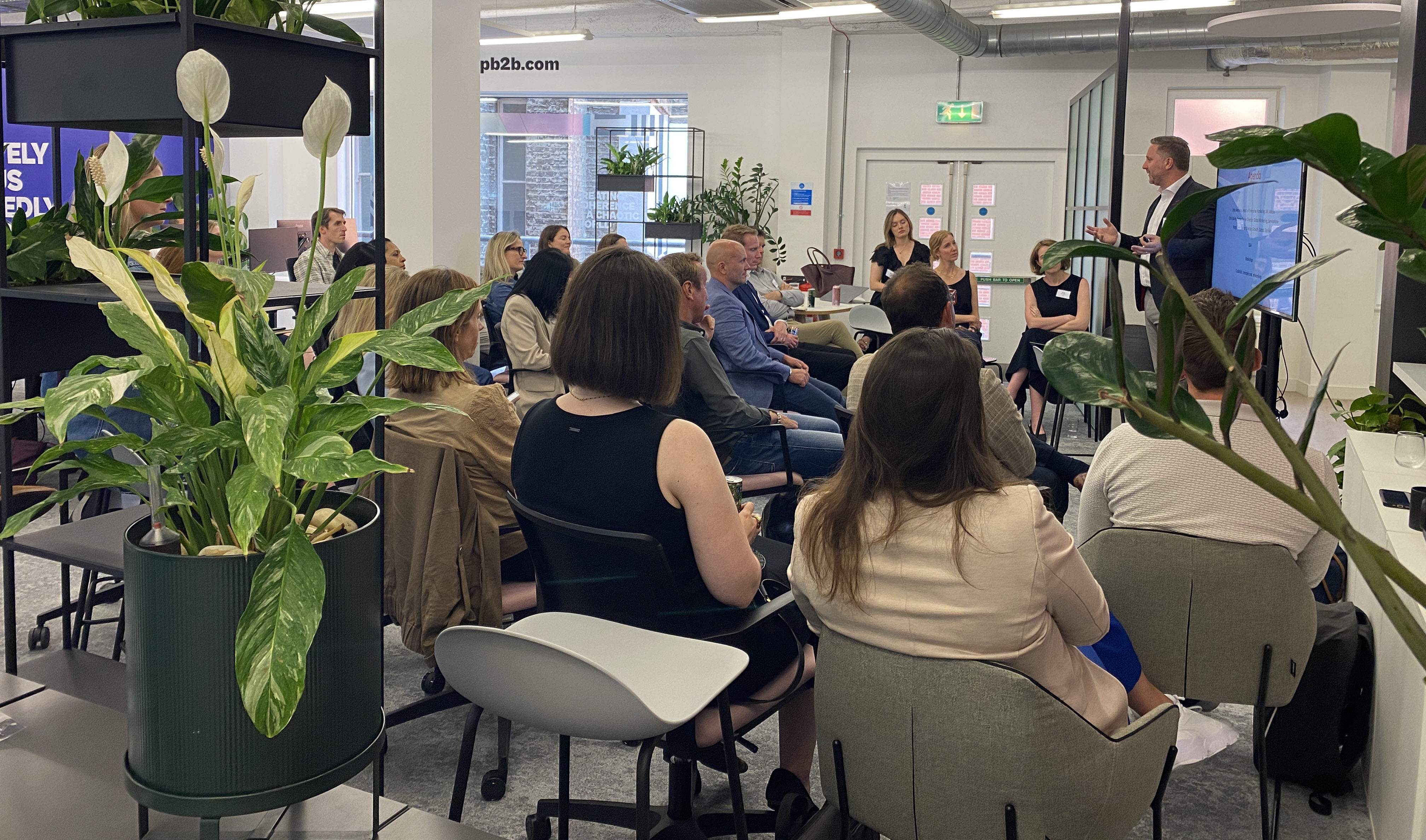Google’s browser, Chrome, has restricted third-party cookies for 1% of users. This move will impact 32 million people. And, by the end of the year, Google will have restricted access to 100% of Chrome users.
Losing access to third-party audience groups means that prospects will be harder to identify and target effectively. Retargeting, geo-based retargeting and frequency capping will all have to go the way of the dodo as data will not be specific enough to support these strategies.
Read on to see what the dawn of the cookie-less future means for your business, and what you can do to prepare for the next few years.
How did we get here?
Over the past decade, consumers have become increasingly aware that their data is for sale. Regulators have stepped in – resulting in frameworks like the GDPR and CCPA. But these did not ease consumers’ concerns. Users everywhere are worried about privacy violations and breaches. It’s now a given that companies failing to protect customers’ data suffer catastrophic reputational damage.
In response to the changing digital landscape, the browsers Firefox and Safari led the charge in phasing out third-party cookies. Now, Chrome is following suit.
Now what?
Businesses that relied on third-party cookies to inform paid media strategies will have to change course. Targeting will clearly be more of a challenge, but planning and measuring will also be impacted. Traditionally, third-party cookies could be used to measure return on ad spend – by showing click-through and view-through conversions, for example. Without these metrics, marketers may feel like campaigns are a shot in the dark.
Sounds challenging, right? It will be. But businesses that pivot now will pull ahead.
Turning challenges into opportunities
Many consumers agree that moving away from cookies is a good thing. Businesses that embrace the shift early on have the chance to build stronger relationships with their customers.
But the challenges of a cookie-less world will not turn into opportunities without a lot of planning. You need to start thinking about these issues specifically: making the most of first-party data, refining targeting strategies and finding new ways to measure performance.
Making the most of first-party data
Audience profiling can help you stay on track. You will still have access to demographics and data on interests, behaviours and preferences. Using this information to build rich, anonymised profiles can reveal where you should focus your attention.
Look-a-like modelling also has a lot of potential. It entails using what you already know about your existing customers to create models of new users. This can help you understand what kind of people your brand attracts to open the door to more prospects.
Refining targeting strategies
Once profiles and models are in place, contextual targeting can help you reap the fruits of your labour. Aligning ads to categories like demographic, region or interest will be the key to connecting with users.
AI is likely to reveal a host of niche targeting categories, like ‘interested in ethical dog training for difficult breeds’.
Finding new ways to measure performance
You’ll have to move away from looking at click-through rates or cost-per-click to measure return on ad spend. Search rankings and targeted keyword rankings may seem basic, but they are good alternatives and do demonstrate success.
Channel-specific metrics will continue to be valuable if approached correctly. Many channels have existing benchmarks, but these will need to be reset as campaigns are rolled out to different kinds of segments.
Current attribution models are also too siloed to capture the full picture of multi-channel campaigns. Pivoting to multi-touch attribution or marketing mix modelling is crucial to understanding which channels yield the highest return on ad spend.
Let’s go
Navigating all of these changes won't be easy. But getting ahead of the curve and approaching every step skilfully could open doors for your business.
Need a partner? If you need an expert to guide you through, please feel free to reach out to us.





